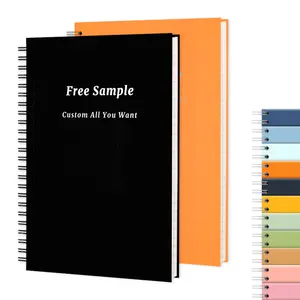Introduction to Notebook Address
A notebook address is an essential tool for professionals, students, and anyone who needs to keep track of contact information and important notes in a systematic way. These notebooks combine the functionalities of traditional notebooks with the practicality of address management. With the rise of digital technology, many might overlook the value of a physical address notebook. However, they remain relevant for their versatility and ease of use, allowing individuals to jot down significant details without the distractions that come with digital devices.
Types of Notebook Addresses
Notebook addresses come in various forms to cater to different needs and preferences. Here are some popular types:
- Traditional Notebook Address: The classic approach where users write down names, addresses, phone numbers, and any other necessary details. Ideal for those who prefer pen and paper.
- Tabbed Notebook Address: Features dividers or tabs for easy navigation. Users can categorize contacts by alphabet, type, or business, making it easier to find information quickly.
- Digital-Ready Notebook Address: Although primarily designed for writing, these notebooks may incorporate sections for QR codes or links to digital profiles, blending analog convenience with digital accessibility.
- Customizable Notebook Address: Offers personalized layouts and designs, allowing users to create their own sections or add distinct features that suit their particular needs.
Applications of Notebook Addresses
Notebook addresses serve a wide array of applications that enhance organization and productivity, including:
- Business Networking: Use notebook addresses to keep track of clients, vendors, and professional contacts crucial for business development and networking.
- Event Planning: Perfect for coordinating gatherings, workshops, or conferences by managing guest lists and important contact information efficiently.
- Academic Use: Students can utilize these notebooks to keep track of fellow students, professors, and important contacts, making it easier to collaborate and network.
- Personal Use: Beyond professional needs, they can be used to maintain personal connections, such as friends and family, especially when face-to-face interaction is reduced.
Features and Advantages of Using a Notebook Address
Investing in a good notebook address provides numerous features and advantages, among them:
- Ease of Use: The simplicity of writing by hand can often facilitate memory retention and makes it easy to jot down information on the go.
- Custom Layout Options: Many notebooks feature pre-designed pages that can help users stay organized, with sections for various types of information including notes and reminders.
- Flexibility: Unlike digital options, notebook addresses are not limited by battery life, sign-in procedures, or technology compatibility. They can be accessed any time without the need for power.
- Full Personalization: Users can decorate, annotate, and personalize their notebooks however they wish, allowing for greater creative expression while organizing important information.
- Minimal Distraction: Using a notebook reduces the likelihood of distractions that come with digital devices, promoting focus and productivity.






















































